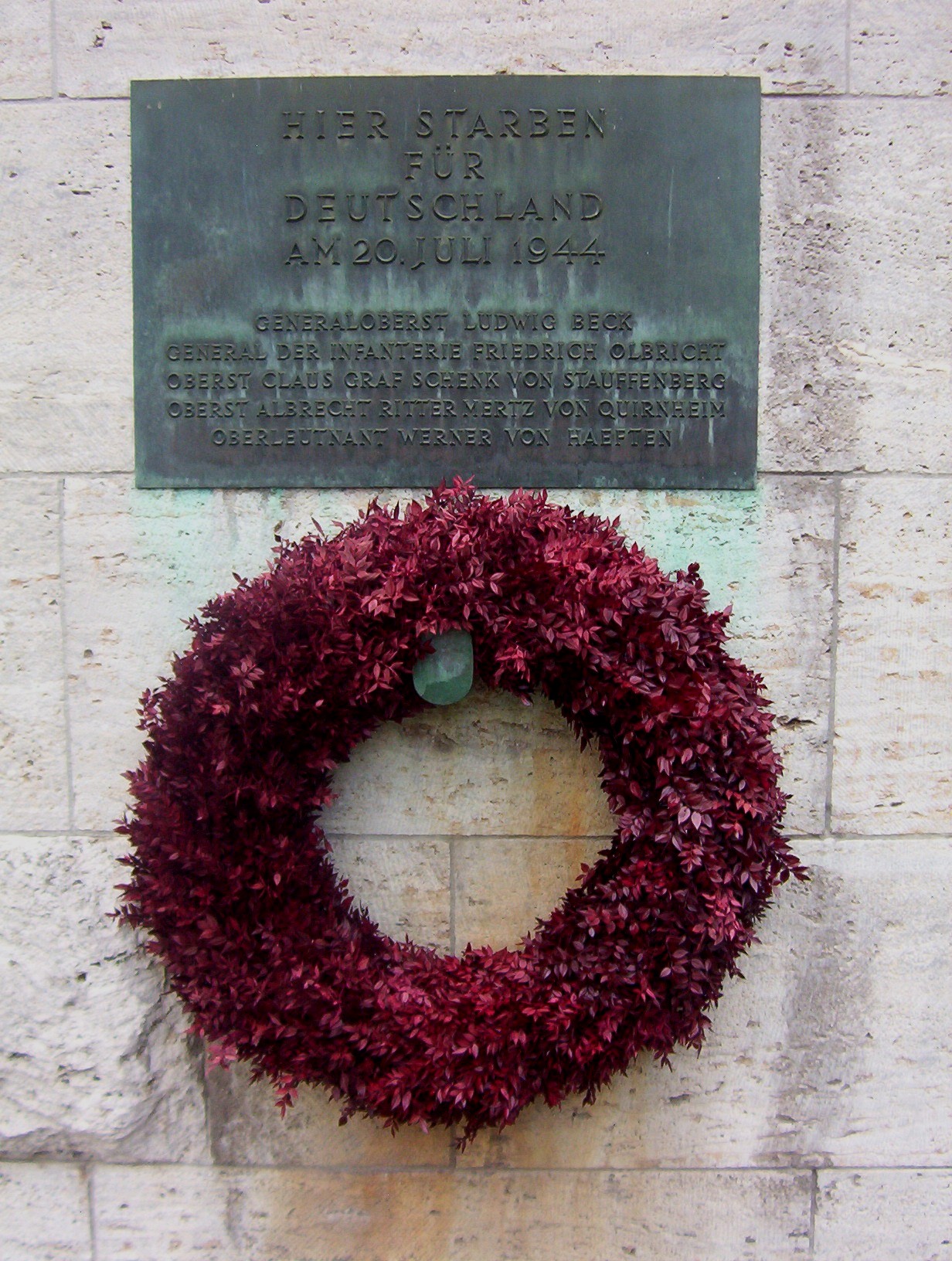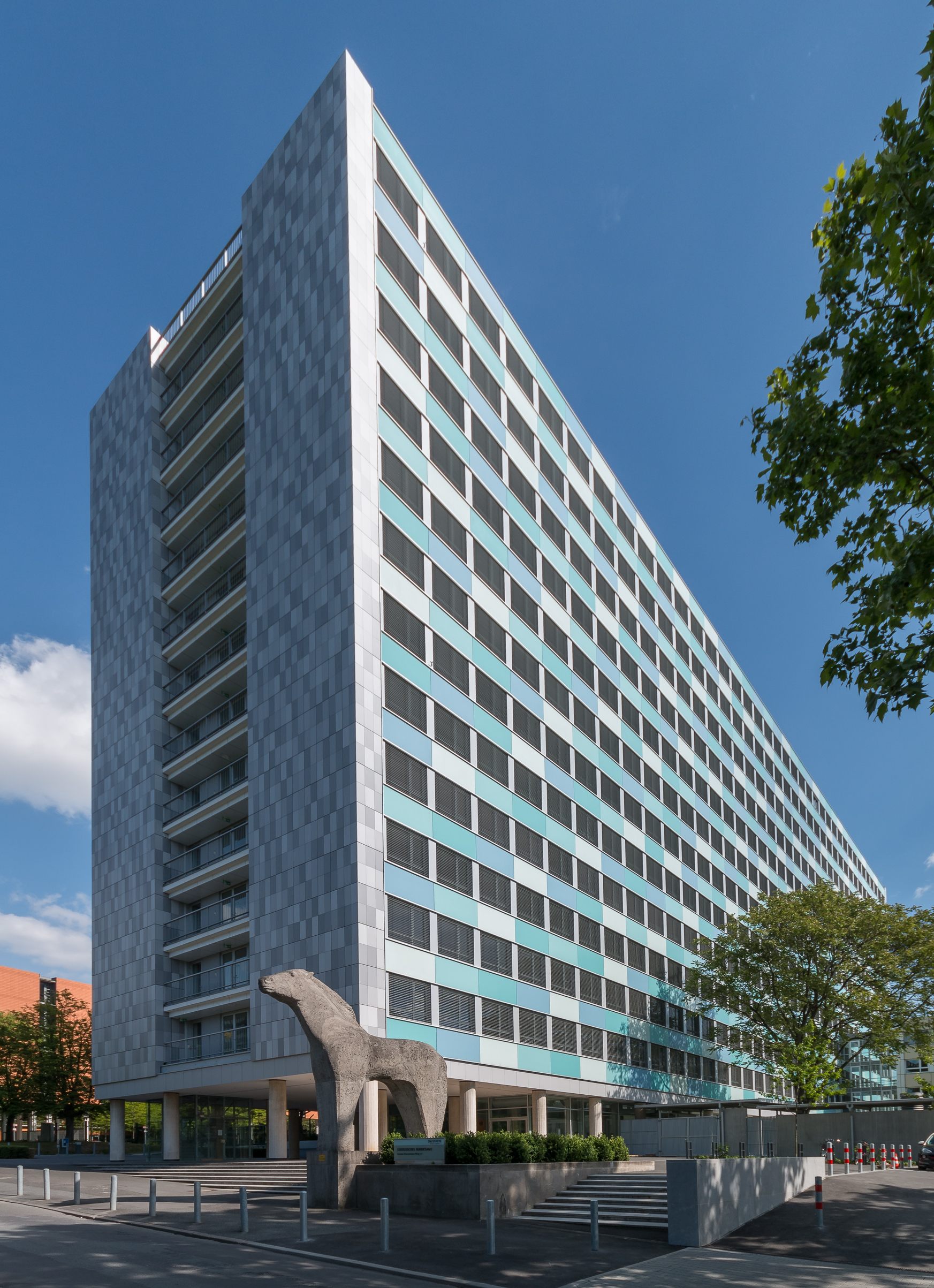|
Güsten
Güsten is a town in the Salzlandkreis, district of Salzlandkreis, in Saxony-Anhalt, Germany. It is situated on the river Wipper (Saale), Wipper, west of Bernburg. It is part of the ''Verbandsgemeinde'' ("collective municipality") Saale-Wipper. It absorbed the former municipality Amesdorf in January 2010. Statistisches Bundesamt Notable people  * Arno Philippsthal (1887-1933), physician and one of th ...
* Arno Philippsthal (1887-1933), physician and one of th ...
[...More Info...] [...Related Items...] OR: [Wikipedia] [Google] [Baidu] |
Amesdorf
Amesdorf is a village and a former municipality in the district Salzlandkreis, in Saxony-Anhalt, Germany. Since 1 January 2010, it is part of the town Güsten. Statistisches Bundesamt References Former municipalities in Saxony-Anhalt Salzlandkreis {{Salzlandkreis-geo-stub ...[...More Info...] [...Related Items...] OR: [Wikipedia] [Google] [Baidu] |
Saale-Wipper
Saale-Wipper is a ''Verbandsgemeinde'' ("collective municipality") in the district Salzlandkreis, in Saxony-Anhalt, Germany. Before 1 January 2010, it was a ''Verwaltungsgemeinschaft''. It is situated southwest of Bernburg. It is named after the rivers Saale and Wipper, which flow through its territory. The seat of the ''Verbandsgemeinde'' is in Güsten. The ''Verbandsgemeinde'' Saale-Wipper consists of the following municipalities: # Alsleben # Giersleben # Güsten # Ilberstedt # Plötzkau Plötzkau is a municipality in the district of Salzlandkreis, in Saxony-Anhalt, Germany Germany,, officially the Federal Republic of Germany, is a country in Central Europe. It is the second most populous country in Europe after Rus ... References Verbandsgemeinden in Saxony-Anhalt {{Salzlandkreis-geo-stub ... [...More Info...] [...Related Items...] OR: [Wikipedia] [Google] [Baidu] |
Wipper (Saale)
The Wipper is a river in Saxony-Anhalt, Germany, a left tributary of the Saale. It is long. Its name comes from the old German word ''Uipparaha'', which means "singing, bouncing river". Course The Wipper originates in the southeastern Harz, near Harzgerode at the bottom of Auerberg mountain. The Wipper joins the Saale in Bernburg. Tributaries The following rivers are tributaries of the Wipper: * Schmale Else (L) * Wolfsberger Wipper (R) near Dankerode * Wippra Dam near Wippra * Horla (R) near Wippra * Schmale Wipper (L) near Wippra * Hasselbach (R) near Wippra * Brumbach (R) near Friesdorf * Sengelbach (R) in Biesenrode * Dorfbach (L) in Biesenrode * Vatteröder Teich near Vatterode * Ochsenpfuhlbach (R) near Vatterode * Hagenbach (R) near Mansfeld * Talbach (R) near Leimbach * Fuchsbach (R) near Großörner * Stockbach (L) near Großörner * Alte Wipper, also known as Regenbeck (R) near Burgörner * Hadeborn (L) in Hettstedt * Walbke, also known as Ölgrundbach ... [...More Info...] [...Related Items...] OR: [Wikipedia] [Google] [Baidu] |
Fritz Siedentopf
Fritz Siedentopf (14 April 1908 – 28 August 1944) was a German communist and resistance fighter against Nazism. Biography Siedentopf, a locksmith, was born in Güsten and moved to Berlin after the death of his parents in the early 1930s. In 1932 he joined the Communist Party of Germany (KPD). After the Nazi Party came to power in 1933, he was tasked with producing illegal anti-fascist pamphlets and newspapers. On 18 August 1934 Siedentopf was arrested, and on 13 December he was sentenced to four years' imprisonment for "preparation for high treason". After his release on 22 December 1938, he joined the resistance group of Robert Uhrig, whom he had met while in prison; Siedentopf was mainly responsible for organizing sabotage of German industry. Siedentopf was arrested once again by the Gestapo on 4 February 1942, amid a wave of arrests of resistance members, and held in Sachsenhausen concentration camp, Plötzensee Prison and Landsberg an der Warthe. On 15 February 1944 h ... [...More Info...] [...Related Items...] OR: [Wikipedia] [Google] [Baidu] |
Salzlandkreis
Salzland is a district in the middle of Saxony-Anhalt, Germany. Its area is . It is bounded by (from the west and clockwise) the districts Harz, Börde, Magdeburg, Jerichower Land, Anhalt-Bitterfeld, Mansfeld-Südharz and Saalekreis. History The district was established by merging the former districts of Bernburg, Schönebeck and Aschersleben-Staßfurt (except the town Falkenstein) as part of the reform Reform ( lat, reformo) means the improvement or amendment of what is wrong, corrupt, unsatisfactory, etc. The use of the word in this way emerges in the late 18th century and is believed to originate from Christopher Wyvill#The Yorkshire Associati ... of 2007. Towns and municipalities The district Salzlandkreis consists of the following subdivisions: References External links Das Informations-Portal für den Salzlandkreis {{Salzlandkreis-geo-stub ... [...More Info...] [...Related Items...] OR: [Wikipedia] [Google] [Baidu] |
Rheology
Rheology (; ) is the study of the flow of matter, primarily in a fluid ( liquid or gas) state, but also as "soft solids" or solids under conditions in which they respond with plastic flow rather than deforming elastically in response to an applied force. Rheology is a branch of physics, and it is the science that deals with the deformation and flow of materials, both solids and liquids.W. R. Schowalter (1978) Mechanics of Non-Newtonian Fluids Pergamon The term ''rheology'' was coined by Eugene C. Bingham, a professor at Lafayette College, in 1920, from a suggestion by a colleague, Markus Reiner.The Deborah Number The term was inspired by the of |
Nazism
Nazism ( ; german: Nazismus), the common name in English for National Socialism (german: Nationalsozialismus, ), is the far-right totalitarian political ideology and practices associated with Adolf Hitler and the Nazi Party (NSDAP) in Nazi Germany. During Hitler's rise to power in 1930s Europe, it was frequently referred to as Hitlerism (german: Hitlerfaschismus). The later related term "neo-Nazism" is applied to other far-right groups with similar ideas which formed after the Second World War. Nazism is a form of fascism, with disdain for liberal democracy and the parliamentary system. It incorporates a dictatorship, fervent antisemitism, anti-communism, scientific racism, and the use of eugenics into its creed. Its extreme nationalism originated in pan-Germanism and the ethno-nationalist '' Völkisch'' movement which had been a prominent aspect of German nationalism since the late 19th century, and it was strongly influenced by the paramilitary groups that emerged af ... [...More Info...] [...Related Items...] OR: [Wikipedia] [Google] [Baidu] |
German Resistance To Nazism
Many individuals and groups in Germany that were opposed to the Nazi Germany, Nazi regime engaged in active resistance, including assassination attempts on Adolf Hitler, attempts to remove Adolf Hitler from power by assassination or by overthrowing his established regime. German resistance was not recognized as a collective united resistance movement during the height of Nazi Germany, unlike the more coordinated efforts in other countries, such as Italian Resistance, Italy, Denmark, the Soviet partisans, Soviet Union, Polish Underground State, Poland, Greek Resistance, Greece, Yugoslav Partisans, Yugoslavia, French Resistance, France, Dutch resistance, the Netherlands, Resistance in the Protectorate of Bohemia and Moravia, Czechoslovakia and Norwegian resistance movement, Norway. The German resistance consisted of small, isolated groups that were unable to mobilize widespread political opposition. Individual attacks on Nazi authority, sabotage, and the successful disclosure of ... [...More Info...] [...Related Items...] OR: [Wikipedia] [Google] [Baidu] |
Communist
Communism (from Latin la, communis, lit=common, universal, label=none) is a far-left sociopolitical, philosophical, and economic ideology and current within the socialist movement whose goal is the establishment of a communist society, a socioeconomic order centered around common ownership of the means of production, distribution, and exchange which allocates products to everyone in the society.: "One widespread distinction was that socialism socialised production only while communism socialised production and consumption." Communist society also involves the absence of private property, social classes, money, and the state. Communists often seek a voluntary state of self-governance, but disagree on the means to this end. This reflects a distinction between a more libertarian approach of communization, revolutionary spontaneity, and workers' self-management, and a more vanguardist or communist party-driven approach through the development of a constitutional socialist state ... [...More Info...] [...Related Items...] OR: [Wikipedia] [Google] [Baidu] |
Statistisches Landesamt Sachsen-Anhalt ...
The statistical offices of the German states (German: ''Statistische Landesämter'') carry out the task of collecting official statistics in Germany together and in cooperation with the Federal Statistical Office. The implementation of statistics according to Article 83 of the constitution is executed at state level. The federal government has, under Article 73 (1) 11. of the constitution, the exclusive legislation for the "statistics for federal purposes." There are 14 statistical offices for the 16 states: See also * Federal Statistical Office of Germany References {{Reflist Germany Statistical offices Germany Germany,, officially the Federal Republic of Germany, is a country in Central Europe. It is the second most populous country in Europe after Russia, and the most populous member state of the European Union. Germany is situated betwe ... [...More Info...] [...Related Items...] OR: [Wikipedia] [Google] [Baidu] |
Statistisches Bundesamt
The Federal Statistical Office (german: Statistisches Bundesamt, shortened ''Destatis'') is a federal authority of Germany. It reports to the Federal Ministry of the Interior. The Office is responsible for collecting, processing, presenting and analysing statistical information concerning the topics economy, society and environment. The purpose is providing objective, independent and highly qualitative statistical information for the whole public. About 2300 staff members are employed in the departments in Wiesbaden, Bonn and Berlin. The department in Wiesbaden is the main office and runs the largest library specialised in statistical literature in Germany. It is also the Office of the President who is also by tradition, but not by virtue of the office, the Federal Returning Officer. In this position, they are the supervisor of the elections of the German Parliament ("Bundestag") and of the European Parliament. The Berlin Information Point is the service centre of the Federal O ... [...More Info...] [...Related Items...] OR: [Wikipedia] [Google] [Baidu] |
_Arno_Philippsthal.jpg)


